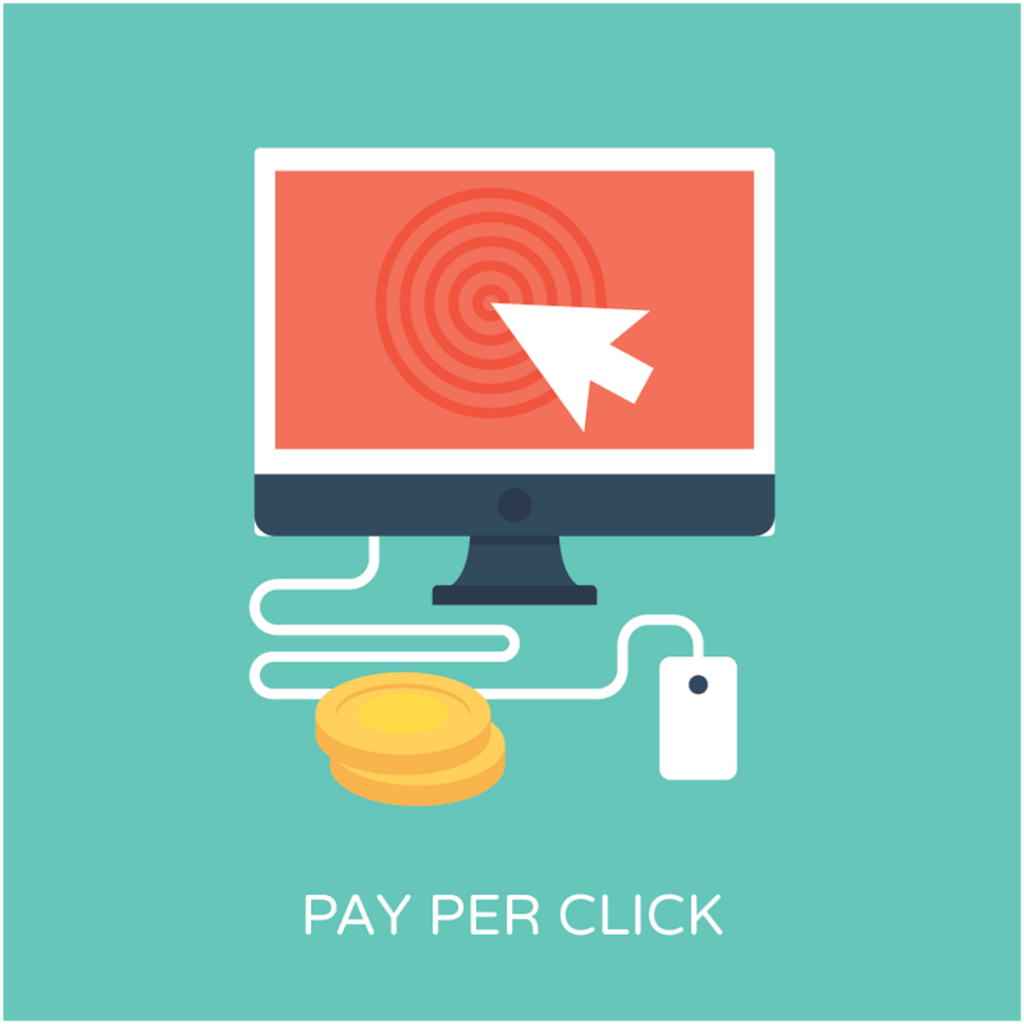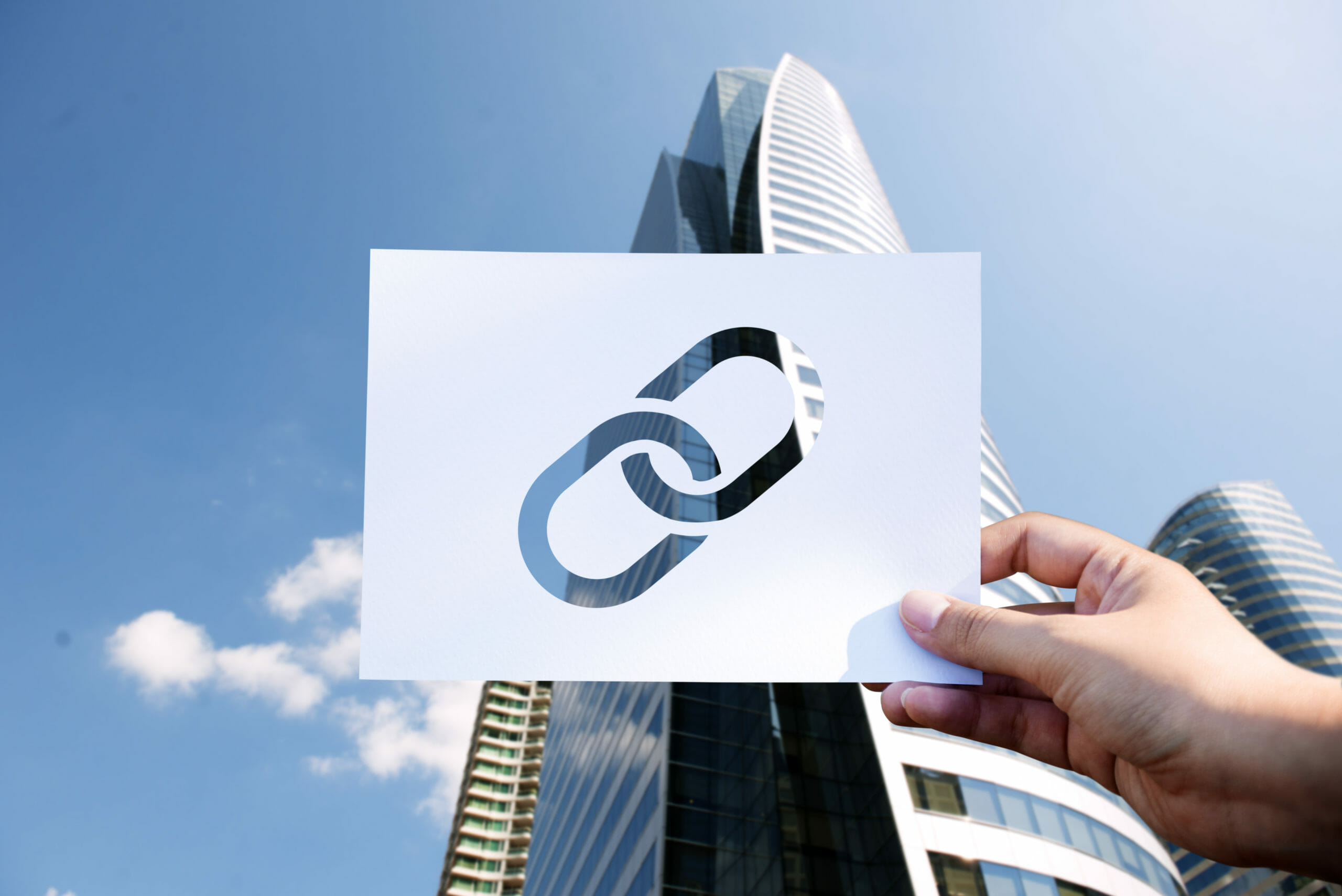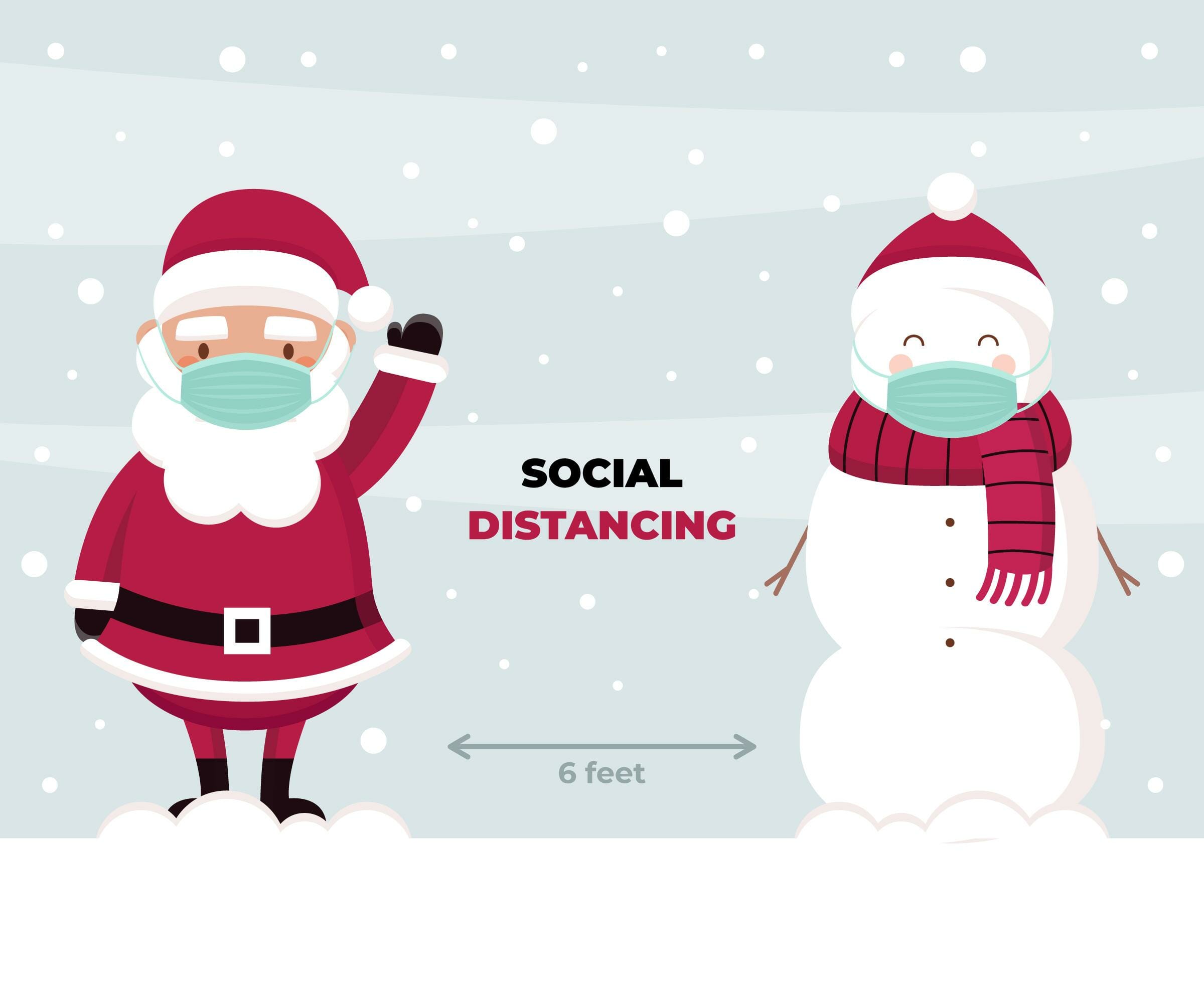Are you wanting to use some sort of platform to help grow your business? With the digital world constantly evolving, there are plenty of different platforms out there which you can advertise on. If you do all of the necessary research to understand the advantages and disadvantages of each, then deciding between which to use will be a simple task. You need to consider aspects including which platform is dominated by your target audience and which platforms are not. We understand that nobody wants to waste money or time, therefore we have listed some advertising channels along with their pros and cons to ensure you are understanding the downsides, not just the pros.

PPC Marketing (Pay-Per-Click)
PPC is used by millions of businesses and marketers all over the globe, but what actually is it? This way of advertising involves using a display ad on different platforms and paying for every click the ad receives. It is a targeted way of getting people to visit your site in the hope they will make a conversion (sale). You tend to find these type of ads on Google, Bing and even Facebook.
Pros of PPC
- Cost-Effective – As you only pay when a user reaches your website, this method can be a great value for money. Depending on how many conversions you make from the user clicking the ad, the cost of the PPC ad may not cost you too much.
- Quick Results – Unlike SEO, PPC shows quick results. This does not require as much patience as other techniques do.
- Control – You have a say on what type of visitors you want coming to your website.
Cons of PPC
- PPC is not free – The price of PPC varies, but if you are a small business owner, you will do anything to save as much money as possible.
- Ads will disappear when your campaign ends – You will not receive the same amount of traffic.
- Can be complicated – PPC can be complicated and tricky to learn. Therefore, it takes a while for you to educate yourself before you can begin.

Social Media Platforms
Using social media when advertising your business is a great way to spread awareness to your audience. With Facebook being the most popular social media platform, it is the best one to advertise on. This is because Facebook engages with people of all ages. It has around 2.6 billion monthly users, meaning that the site will certainly have thousands of users in your target audience bracket. Although, despite Facebook being the biggest platform, it is not always the best option. Thankfully, with technology and digital businesses constantly growing, there are plenty more platforms which have millions, if not billions of users every month too.
Pro’s of Social Media Platforms
- Increased Brand Awareness – Social media platforms often display their ads in a similar way to normal posts on your timeline. So, as a user is scrolling through their social media page, they are likely to engage with it, just like they would any other post.
- Higher Conversion Rates – With social media ads, it is just as simple as the click of one button and a user has found themselves scrolling through your website wanting to know more. If you make your ad appealing enough, your conversion rates from social media ads will definitely increase.
- Improved Brand Loyalty – When a customer is able to communicate with a business directly, they tend to feel a lot comfortable with your brand.
Cons of Social Media
- Time-Consuming – Using social media when advertising can be very time-consuming, especially if you are new to it. As it is a gradual process, the chances of your receiving many conversions from your ads can be low.
- Reputation – With the freedom that social media brings with posting, it can sometimes be difficult to perfect a post. One poorly judged post or message could damage the reputation of the whole business.
- High Volume of Content – Due to the high use of social media and a large amount of content being published every second, it is hard to find exactly what you are looking for. So, your target audience may not even spot you.

Google AdWords
Advertising with Google AdWords is a great way for your business to get noticed. This is because Google is the largest search engine in the world. It has around 91.75% of the worlds market share, showing that Google dominates over every other search engine including Bing. Ads do not only show up on partnered websites as display ads but also the search pages. Therefore, wherever your audience is looking, they are likely to see your business within their search. This will lead to more conversions for your brand. But, is Google actually as great as it sounds?
Pros of Google AdWords
- Reaching your audience – With Google being the leading search engine, the likelihood of you connecting to your target audience is high.
- Results can be instant – The results from Google Ads can be instant, so whether you are wanting to grow your brand as fast as possible or just connect to a few users, you will see results.
- You can measure and monitor your results – The campaign dashboard allows you to monitor your results. This means you are able to see all of the statistics from your ads.
Cons of Google AdWords
- Price – The price of the keyword you are wanting to rank for is influenced by the competition. Therefore, if your industry is very competitive, the likelihood of your keyword being expensive is high.
- A learning curve – Understanding AdWords can be difficult and it may take time. Learning the ins and outs is essential when wanting to grow your business using AdWords.
- Late Repayments – If you fail to pay for the AdWords fee then your presence will immediately be removed from Google.
Choosing where you want to advertise your business without wasting time or money can be made simpler if you do the necessary research. This will ensure that you are understanding the basics of advertising using different channels. Here at Hive Digital Media, we offer a range of services including Google Ads, SEO and Social Ads, meaning that you do not necessarily need to educate yourself on these areas. For more information click here.




